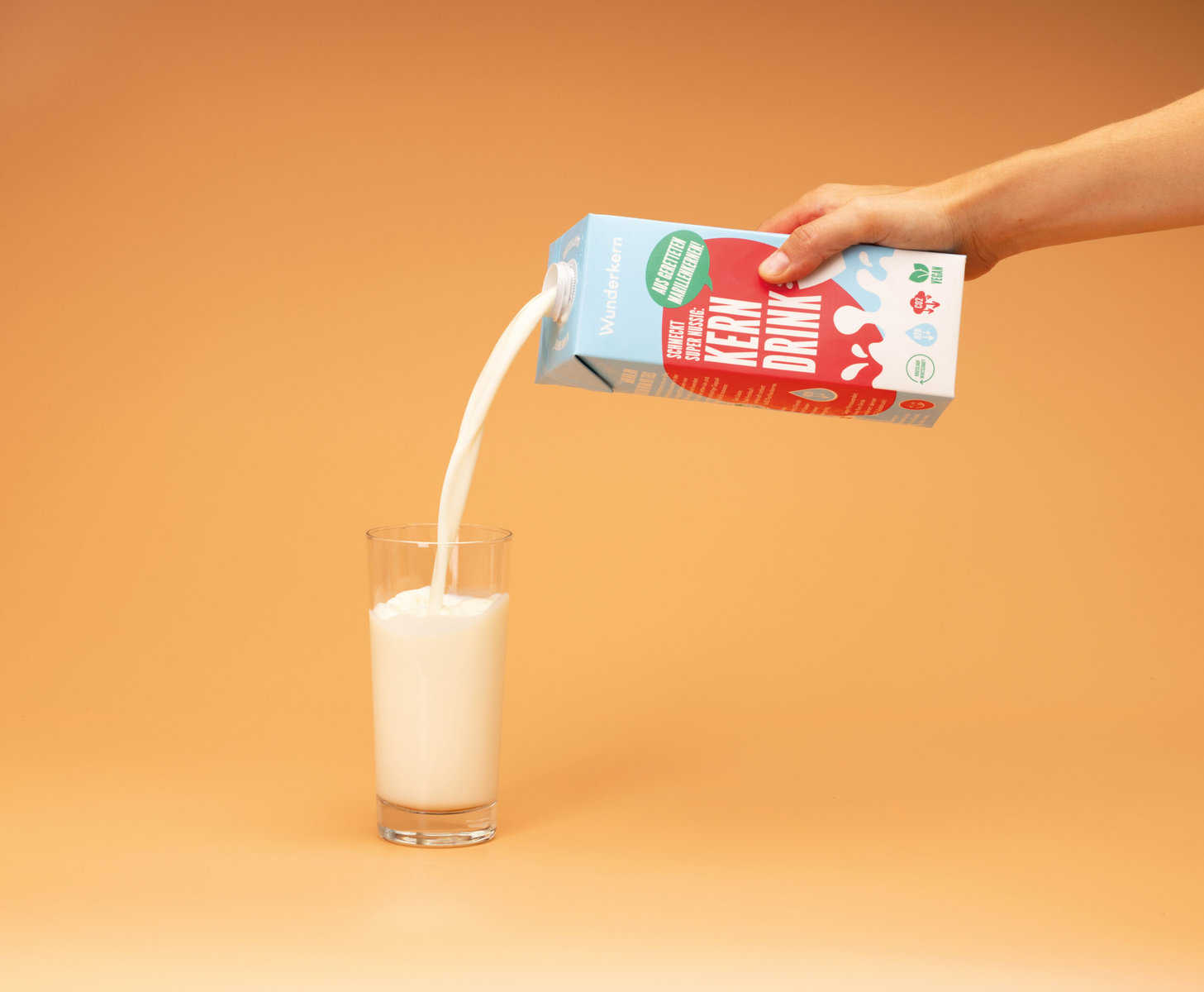US food tech Mission Barns has unveiled its new headquarters and cultivated fat production plant, claiming to be fully prepared to hit the market with its cultivated fat products. However, the San Francisco-based company must first wait for regulatory approval from the USDA and FDA before it can finally sell its cultivated fat and plant-based protein food products.
“We want consumers to know that this is safe”
Focusing on hybrid products of plant-based ingredients and animal fat cultivated from cells, Mission Barns is one of a growing group of companies, consumers, and investors who believe these hybrid products present the most sustainable and appealing future of alt meat.
Mission Barns CEO Eitan Fischer is confident the regulatory green light will come soon, according to a report from Food Dive.

Fischer, a former director of cellular agriculture at fellow US food tech Eat Just, founded Mission Barns in 2018 and has secured $28.4 million in funding so far, including a $24 million Series A round last year. Not only does the company claim to be suitably scaled to start production, but it also has a product partnership in place with Silva Sausage, having recently mass-produced a cultivated chorizo sausage. Talks are reported to be happening with more companies interested in potential partnerships.
Why cultivated fat?
Fat cells grow more quickly than those for muscles, which need a precise amount of amino acids and other nutrients. Thus fat cells can grow on much more affordable nutrients, slashing one of the major costs of the cultivated meat sector at present. Fat cells also do not need a defined shape or format, unlike meat cuts. As fat is the key to flavor, plant-based products made with cell-based fat taste and behave in a way meat-eating consumers are used to, as well as containing no trans fats.
“We’ve already submitted the full complete package of information that we and our counsel believe are satisfactory to establish the safety of our product,” Fischer stated. “We’ve collected all the data and all the testing that from initial consultations with regulatory agencies in the U.S. and internationally would be required to establish the safety. We want consumers to know that this is safe — not just because we’ve established that it’s safe, but people have reviewed it, and they agree with us.”






